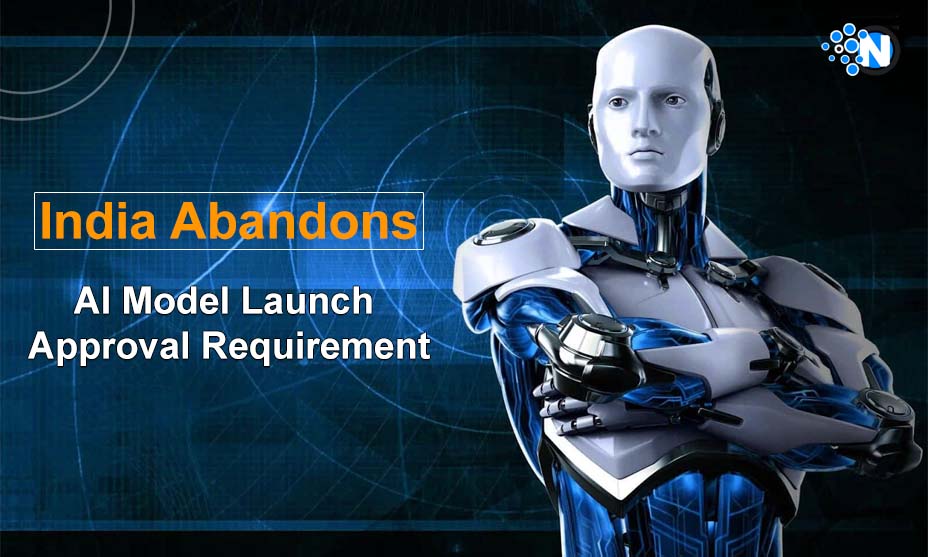India Abandons AI Model Launch Approval Requirement

The Ministry of Electronics and IT in India has announced significant changes in its guidelines to regulate the launching of AI models in the market. While the development of artificial intelligence is at its peak, there have been several questions arising regarding the transparency and perfection of these models. Therefore, the advisory has revised the important rules and implemented new laws to deploy the AI models more effectively in the South Asian market. The industry stakeholders and companies now have to follow different approaches to make sure that the AI models are transparent and properly functional. Also, they are no longer required to wait for government approval to launch their models. It is a good sign for enterprises as it may bring ease in developing and deploying procedures.
Background and Controversy
India announced its initial advisory on March 1, 2024, to showcase the country’s new approach toward the development of AI models and their regulation. Nevertheless, several tech giants and industry specialists have criticized the strategies. Some high-profile individuals including the likes of Martin Casado from venture firm Andreessen Horowitz have shared their negative thoughts on these policies. Consequently, it created a controversy that led to the reevaluation of the policies by the Ministry of Electronics and IT in India.
New Policies
The new guidelines have ensured transparency and are focusing on user education to improve the functionalities of the AI world. Previously, the companies had to approach the government to get approval for launching their AI-powered models into the market. However, TechCrunch has reported that industries are no longer requiring this approval before deploying these AI models. As a result, it will bring more flexibility to the businesses.
While the approval is not necessary, the new guidelines have made it compulsory for companies to label their AI models. It will make it more easy to identify the poor quality, non-functional, unreliable, and under-tested models. Thus, it will ensure the transparency and will protect the users. Although the advisory has discouraged compliance and it is now not mandatory, sticking to the AI regulation policies will deliver incredible outcomes to the enterprises.
Considerations
India’s Ministry of Electronics and IT has made it clear to the companies that AI models should not exhibit content which is unlawful according to Indian law. Otherwise, there will be serious legal consequences. In addition, the content must be unbiased and discrimination-free. It will prevent the threats to the electoral processes.
Moreover, companies must consider leveraging the potential of highly reliable platforms that can host AI-generated content, called intermediaries. They must use consent popups or other mechanisms to inform the users regarding the limitations of the AI-generated content. In addition, it will give them the idea of the potential inaccuracies that may lead to negative outcomes it not dealt with properly.
Future Prospects
India’s new approach to launch AI models will create a strong balance between innovation and the protection of the user interest. Above all, the focus on transparency and labeling will enable the country to generate more effective AI models that will take the world by storm.




